Introduction Achieving a more sculpted and defined appearance no longer requires surgery. Thanks to advancements…
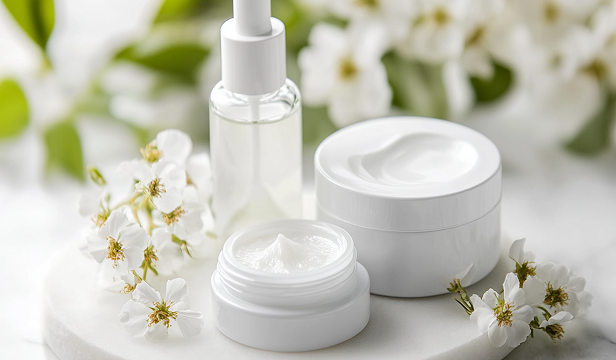
The Power of Retinol: Benefits and How to Use It Correctly
Introduction
Retinol is a powerful derivative of vitamin A, widely recognized for its ability to improve skin texture, reduce signs of aging, and treat acne. Understanding how to incorporate retinol into your skincare routine can help you maximize its benefits while minimizing potential irritation.
1. Benefits of Retinol
a. Reduces Fine Lines and Wrinkles
- Stimulates collagen production, leading to firmer skin.
- Reduces the appearance of fine lines over time.
b. Improves Skin Texture and Tone
- Promotes cell turnover, helping to smooth rough skin.
- Brightens complexion and fades hyperpigmentation.
c. Treats Acne and Breakouts
- Unclogs pores and prevents future breakouts.
- Reduces acne scars and inflammation.
d. Minimizes Pore Size
- Keeps pores clear and reduces their appearance.
- Prevents excess oil buildup and congestion.
2. How to Use Retinol Correctly
a. Start Slowly
- Begin with a low concentration (0.25% to 0.5%) to allow skin to adjust.
- Use it 2-3 times a week before increasing frequency.
b. Apply at Night
- Retinol can increase skin sensitivity to sunlight.
- Always follow up with sunscreen (SPF 30 or higher) during the day.
c. Use a Pea-Sized Amount
- Apply a thin layer to clean, dry skin.
- Avoid the eye area to prevent irritation.
d. Moisturize After Application
- Helps counteract dryness and potential irritation.
- Choose a gentle, hydrating moisturizer.
e. Avoid Mixing with Certain Ingredients
- Do not use alongside AHAs, BHAs, or benzoyl peroxide to prevent excessive irritation.
- Can be combined with niacinamide or hyaluronic acid for enhanced hydration.
3. Common Side Effects and How to Manage Them
a. Dryness and Peeling
- Use a mild, hydrating cleanser.
- Incorporate a rich moisturizer into your routine.
b. Redness and Irritation
- Reduce usage frequency if irritation occurs.
- Consider using the “sandwich method” (applying moisturizer before and after retinol).
c. Increased Sensitivity to Sunlight
- Apply sunscreen daily to protect skin from UV damage.
- Avoid prolonged sun exposure.
4. Who Should Avoid Retinol?
- Pregnant or breastfeeding individuals (consult a doctor before use).
- Those with extremely sensitive or reactive skin.
- People using prescription acne treatments (check with a dermatologist first).
Conclusion
Retinol is a game-changing skincare ingredient with numerous benefits, from reducing fine lines to clearing acne. When used correctly, it can significantly improve skin health and appearance. Start with a low concentration, use it gradually, and always follow up with sunscreen for the best results. If in doubt, consult a dermatologist for personalized advice.
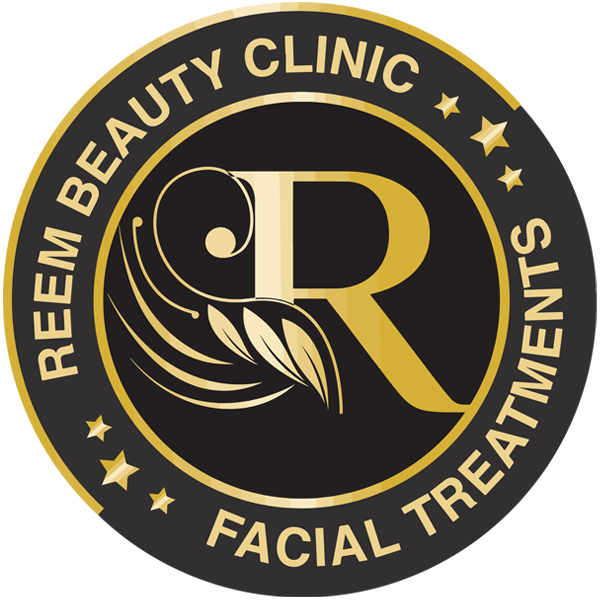
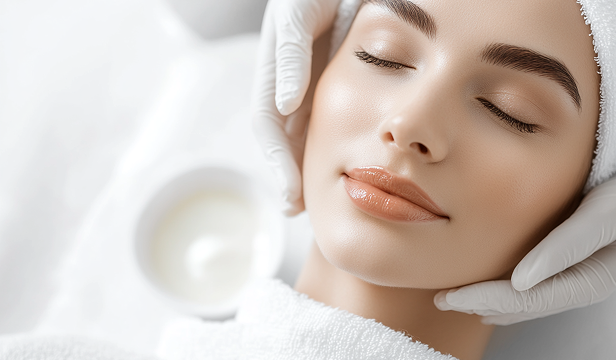
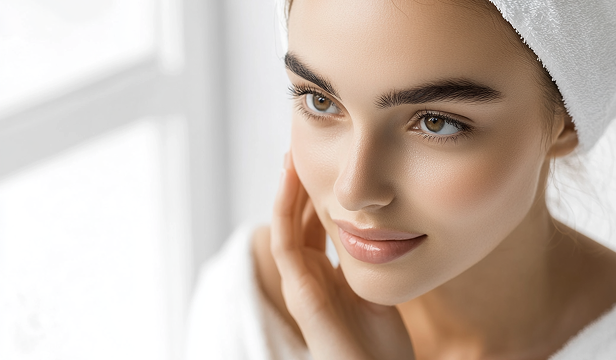
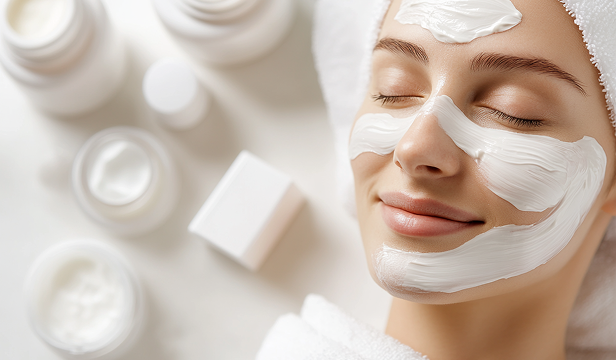
This Post Has 0 Comments